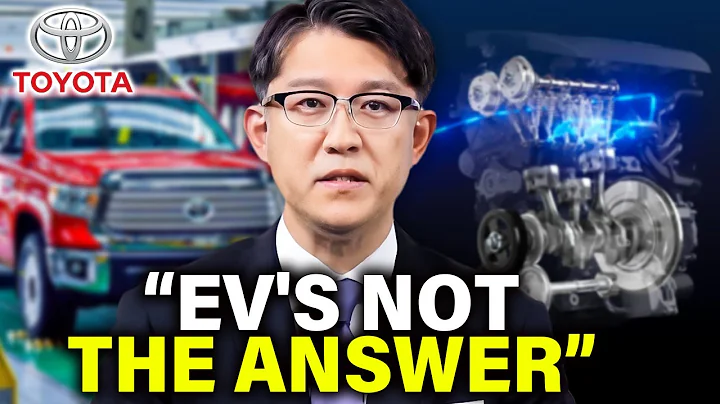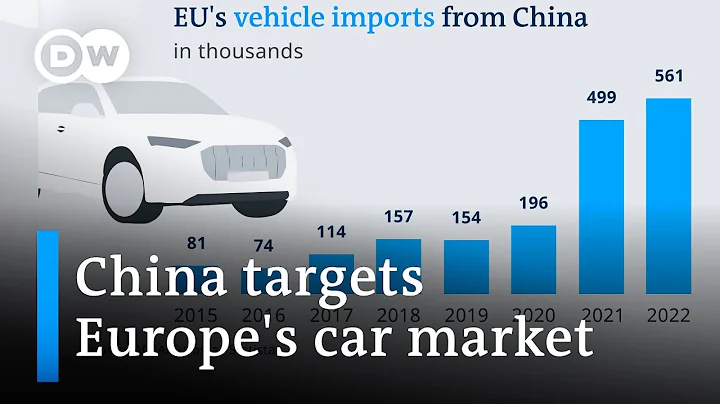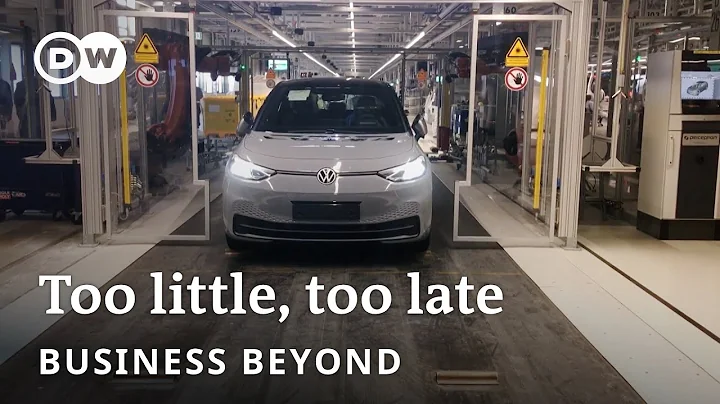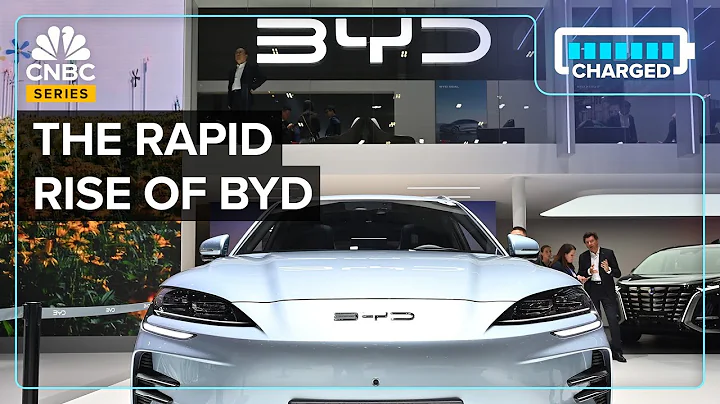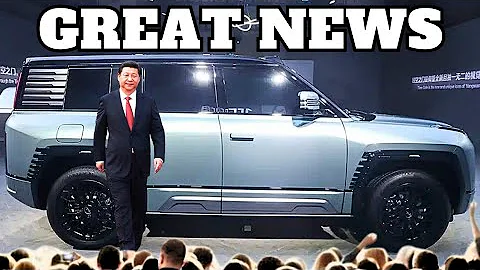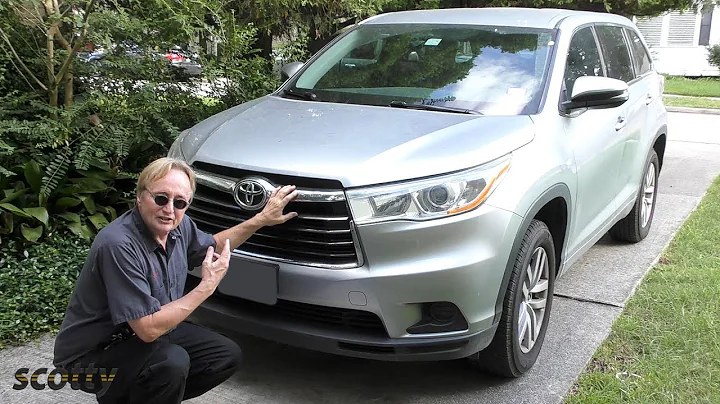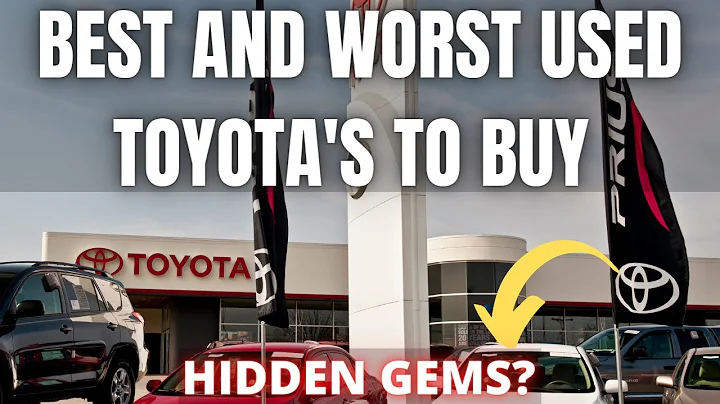| Wei Xiaoni; Editor | Guo Guo
→ This is the 233rd original article of "Global Zero Carbon"

Abstract: The German government is opposed to banning the sale of fuel vehicles by 2035, which does not mean that Germany is doing nothing about new energy vehicles. However, China and the United States do not mean that Germany has given up on the new energy vehicle market. It is not true that German electric vehicles are lagging behind across the board. We must not be immersed in the illusion that "because China is number one, others must restrict and suppress our development."
Germany is known as Europe's "leader in low-carbon economy " and "environmental protection pioneer". However, a series of recent events have surprised many people and worried that Europe's "environmental protection pioneer banner" cannot be held up. .
First, restart coal burning. With the decrease in the supply of natural gas from Russia, Germany is facing an increasingly serious "gas shortage" situation. The German government was forced into a corner and had to decide to restart coal-fired power plants. German Federal Deputy Chancellor and Economics Minister Robert Habeck also issued an emergency decree allowing the German government to start coal-fired and oil-fired power generation facilities within 6 months without approval of the Bundestag.
Second, we oppose a complete ban on the sale of fuel vehicles. On June 8, local time, the European Parliament voted to pass a proposal to ban the sale of fuel vehicles in EU 27 countries from 2035. However, the result of this vote does not have legal effect and needs to be unanimously approved by EU member states before the final legislation can take effect.
Unexpectedly, on June 22, German Finance Minister Lindner said that the German government would not agree to the EU’s plan to stop selling new fuel vehicles from 2035, and made it clear that there is still a market for fuel vehicles, so this The ban was wrong and said the German government would not agree to the bill.
The third is to urge the G7 to overturn its fossil fuel investment and financing commitments. At the Group of Seven (G7) summit held in Germany from June 26 to 28, people familiar with the matter revealed that Germany is urging the G7 to withdraw a commitment to terminate all international fossil fuel investment and financing before the end of this year.
Previously, the G7 promised to end all investment and financing of international fossil fuels by the end of this year, and promised to stop subsidies for inefficient fossil fuels by 2025.
If this commitment is cancelled, it will be a major reversal in humanity's response to climate change. As Alden Meyer, a senior researcher at the climate change research organization "E3G", commented: "At this G7 summit hosted by Germany, (German Chancellor) Scholz will go down in history as going backwards on the climate issue."
Restarting coal-fired power plants and overturning fossil fuel investment and financing commitments, if it is because of the accidental geopolitical conflicts brought about by the Russia-Ukraine war, Germany chose the impossible energy triangle of security, low carbon and economy. If we are forced to make temporary concessions to low carbon due to safety issues, then our opposition to a complete ban on the sale of fuel vehicles will be a bit unpredictable.
The proposal to ban the sale of fuel vehicles first started in Germany. What is the purpose of the sudden opposition at this time?

01 Is behind “climate politics” the redistribution of interests and resources?
Regarding the question of how the German Finance Minister “does not agree with the EU’s plan to ban the sale of fuel vehicles from 2035”, there are some answers on Zhihu. Among them, the answer of a netizen named “Qinglu” received the most points. Thumbs up.
The main point of view of "Qinglu" netizens is: Behind the "climate politics" with fuel vehicles as the main content is the redistribution of interests and resources. Automobiles are the industry closest to politics. Germany is the most directly affected party when the EU bans the sale of fuel vehicles, so it is expected that Germany opposes the ban on the sale of fuel vehicles.
This article believes that Germany is the pioneer of internal combustion engines and also has the world's most important and highest-level fuel vehicle manufacturers.In China, even if domestic cars continue to conquer the city and defeat Korean and French cars, in terms of luxury brands, they will always be BMW , Mercedes-Benz and Audi . All three of these are German car manufacturers.
German car manufacturers are not in a leading position in the R&D and production of electric vehicles , and are even lagging behind. From fuel vehicles to electric vehicles, Germany is likely to lose its dominant position in the automotive industry.
If Germany supports a ban on the sale of fuel vehicles, which countries will benefit the most?
article thinks it is the United States and China. The United States has Tesla , and China has BYD and a number of new power car manufacturers.
In addition, Europe's new energy vehicles still rely on foreign materials. Taking lithium batteries as an example, the European battery industry lags behind in terms of talent, technology accumulation, raw material supply, and even industrial chain structure. lithium-ion battery materials and battery products containing nickel, manganese and cobalt are mainly imported from China.
This view is relatively common, and it is indeed the main reason why Germany opposes the ban on the sale of fuel vehicles.
New energy vehicles not only mean the subversion of fossil energy such as oil, but also the subversion of the entire automobile industry chain. In addition to environmental protection considerations, energy dependence and competition for the industrial chain are also important reasons for countries to develop new energy vehicles.
But this answer is not the whole truth. It is not even true to say that the biggest beneficiaries of new energy vehicles are China and the United States, while Germany is lagging behind. thus extends the view that Germany’s opposition to the ban on the sale of fuel vehicles is to suppress the development of new energy vehicles in China, which is even more illusory.
02 The European Union’s ban on the sale of fuel vehicles has a broad public base.
The person who stood up to oppose this time was German Finance Minister Lindner. He is the leader of the German Liberal Democratic Party and a supporter of the German automobile industry. He has indeed made important speeches in the government. right.
But it is hard to say whether it will ultimately represent the German government, or whether the German government will directly reject it in the end.
A complete ban on the sale of fuel vehicles in 2035 is a legislative proposal put forward by the European Commission last year. It is also part of the EU Green New Deal and the "Fit for 55" ("Carbon Reduction 55") package climate plan.
html On June 8, the European Parliament plenary session voted with 339 votes in favor, 249 votes against, and 24 abstentions to pass the proposal to ban the sale of fuel vehicles in the EU by 2035, which also includes hybrid vehicles.
In other words, as part of the EU's goal of achieving climate neutrality by 2050, this proposal has broad public support in Europe, even in Germany.
The European Union has also been very active in preparing to ban the sale of fuel vehicles.
In order to promote the combustion ban plan, the EU also has a plan for charging stations in the plan. The plan mentions that by 2025, Europe will build more than 1 million charging stations; by 2030, Europe will build 3.5 million charging stations. . In addition, a charging station must be installed every 60 kilometers on the highway, and a hydrogen refueling station must be configured every 150 kilometers.
After the results of the European Parliament vote came out, Germany's Volkswagen and Mercedes-Benz both expressed support for . Volkswagen also said that the deadline of 2035 can be achieved, and the development of pure electric vehicles is also necessary. Mercedes-Benz says it is ready to sell 100% electric vehicles by 2030.
Even in Germany, in 2020, the government allocated 50 billion euros to promote the development of electric vehicles and set up more charging piles.
This shows that Germany has a solid public opinion foundation and is fully prepared for the development of new energy vehicles.
03 Germany's new energy vehicle manufacturing is actually very powerful.
In addition to its public opinion base, Germany's new energy vehicle manufacturing is not lagging behind China and the United States in all respects, but has great potential to surpass it.
Recently, there was a report in Bloomberg that German Volkswagen will surpass Tesla’s electric vehicle sales by 2024 within 18 months and become the world’s largest electric vehicle manufacturer.
This report quoted Bloomberg analyst Michael Dean as saying that Europe's largest automaker will occupy the first place by selling 16 new all-electric models, including the Audi Q6 and ID.5. s position. Volkswagen's unrivaled scale will help offset pressure from rising battery costs that erode profit margins.

Volkswagen has also pledged to overtake Tesla by 2025, with CEO Herbert Diess saying in May that Volkswagen was "in a good place" behind Tesla in electric vehicles. second position" but has made progress in battery production, charging infrastructure and software. "We think we can close the gap a little bit over the next few months," he said.
Tesla delivered just over 936,000 vehicles in 2021, while Volkswagen sold about 453,000 all-electric vehicles car. While Volkswagen sold less than half that ratio of all-electric vehicles last year, deliveries will jump to about 2.25 million vehicles by 2024.
Volkswagen has earmarked about 52 billion euros ($55 billion) until 2026 to develop and produce electric cars. This includes building a new €2 billion electric vehicle factory in Germany and plans for six battery factories across Europe, several of which will involve collaborations. It's also making bold moves to gain market share in the United States, where it's reviving its discontinued Scout brand with rugged electric SUV and pickup models.
Bloomberg said Volkswagen plans to separately list sports car maker Porsche in the fourth quarter, with the iconic brand expected to attract a valuation of about $89 billion.
Therefore, objectively speaking, the fact that the German government is opposed to banning the sale of fuel vehicles by 2035 does not mean that Germany cannot compete with China and the United States in new energy vehicles, nor does it mean that Germany has given up on the new energy vehicle market.
The demands of different interest groups within Germany, concerns about the adequacy of supporting infrastructure such as charging piles, concerns about the employment of hundreds of thousands of people, giving composite fuels an opportunity to replace petroleum fuels, and whether the raw materials and key metals required for the development of electric vehicles are Restrictions, etc., are all considerations. We must not be immersed in the illusion that "because China is number one, others will restrict and suppress your development."
(see the original text for reference details)
About us:





